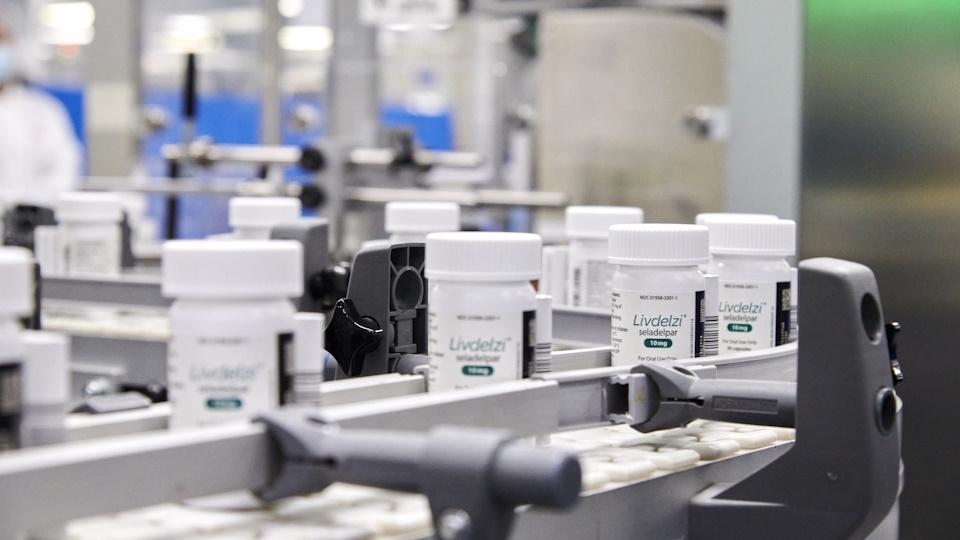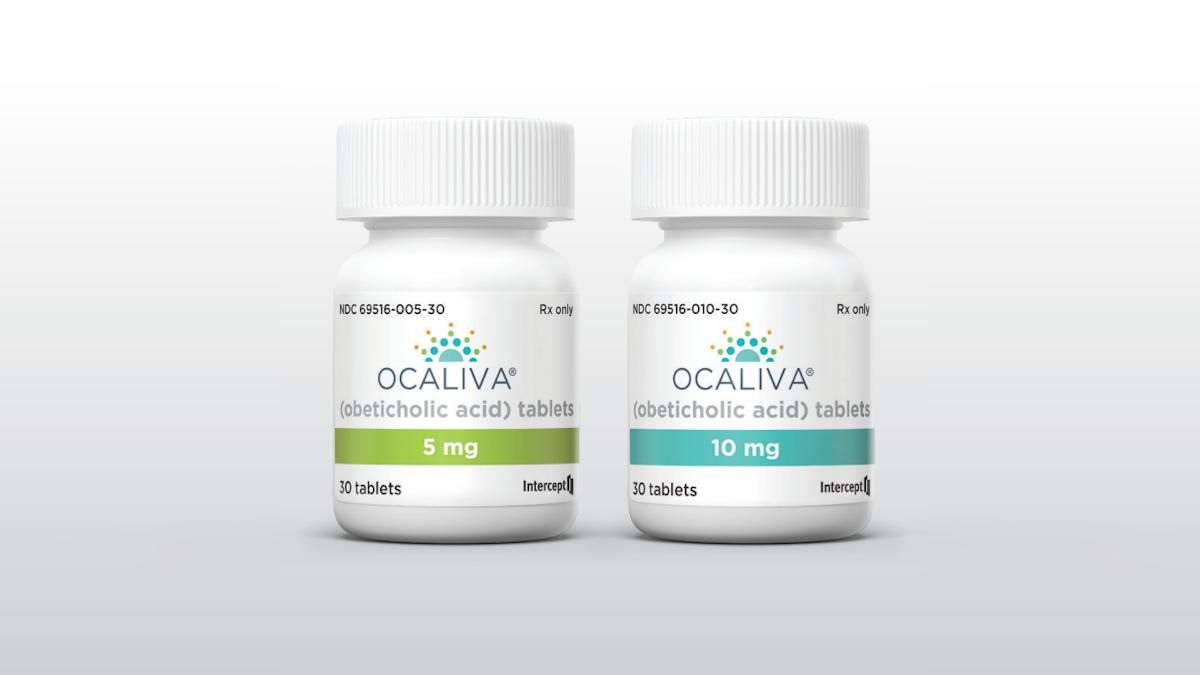PBC drug choices rise in US with OK for Gilead's seladelpar

At the start of the year, there had been no new therapies for rare cholestatic liver disease primary biliary cholangitis (PBC) in the US for almost a decade. With the FDA approval of Gilead's seladelpar, there have now been two in a matter of weeks.
The US agency has cleared seladelpar under the Livdelzi brand name as a second-line therapy for PBC in adults, either in combination with ursodeoxycholic acid (UDCA) or as monotherapy for those intolerant to UDCA – the same indication that it gave to Ipsen and Genfit's Iqirvo (elafibranor) in June.
PBC is a chronic, autoimmune disease in which bile ducts in the liver are gradually destroyed, leading to cirrhosis. It affects around 130,000 people in the US, mainly women, with its prevalence on the rise. Symptoms include debilitating fatigue and itching (pruritus), and it can worsen over time if not effectively treated, leading to liver transplant and – in some cases – premature death.
Analysts have suggested that the US market for drugs to treat UDCA-refractory PBC could be worth $1.5 billion or more per year.
Gilead acquired Livdelzi – an oral PPAR delta agonist – as the main asset in its $4.3 billion takeover of CymaBay Therapeutics in February. Prior to that, it was in development for metabolic-associated steatohepatitis (MASH) before failing a phase 3 programme.
Livdelzi will launch at a list price of $12,606 for a 30-day treatment cycle, a little higher than the $11,500 per month set by Ipsen for Iqirvo, which is a dual PPAR alpha/delta agonist. Reuters has reported that BMO Capital Markets analyst Evan Seigerman predicted peak sales of $847 million for Gilead's drug.
Both the PPAR drugs compete with Intercept Pharma's Ocaliva (obeticholic acid), which has been approved since 2016 for a similar indication and has a list price of around $10,000 per month. Ocaliva had worldwide sales of $344 million last year, $286 million of that total from the US.
In comments made during Gilead's second-quarter results update, the company's chief commercial officer, Johanna Mercier, said the company was ready to launch on approval and would "leverage our existing commercial footprint in liver diseases" from established drugs such as its viral hepatitis franchise.
The FDA has granted accelerated approval to Livdelzi – subject to a confirmatory trial – on the back of the phase 3 RESPONSE study, in which 62% of participants taking Livdelzi achieved the primary endpoint of composite biochemical response at month 12, compared to 20% of those taking placebo.
Livdelzi also normalised levels of alkaline phosphatase (ALP), a marker that is a predictor of risk for liver transplant and death, in 25% of trial participants at month 12, according to Gilead, which claims that its drug is the "first and only treatment to demonstrate statistically significant reductions across key biomarkers, ALP normalisation, and pruritus versus placebo."
"People living with PBC have been waiting for treatment advancements for many years," remarked Daniel O'Day, Gilead's chairman and chief executive, adding that the "approval of Livdelzi, with its distinct profile, provides them with an important new option."
A decision on seladelpar from European regulators is expected to follow in early 2025.












